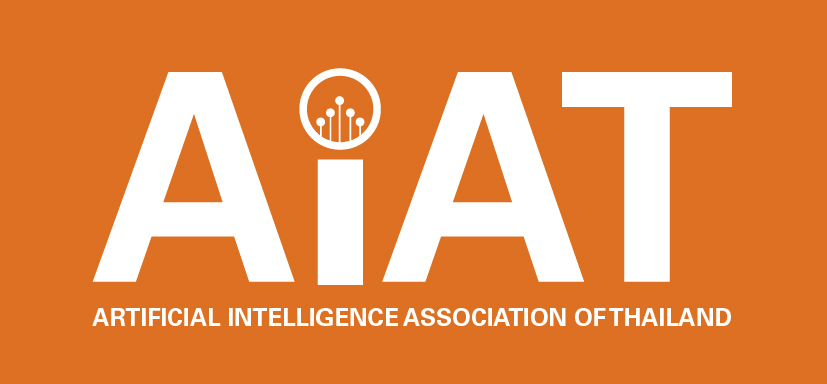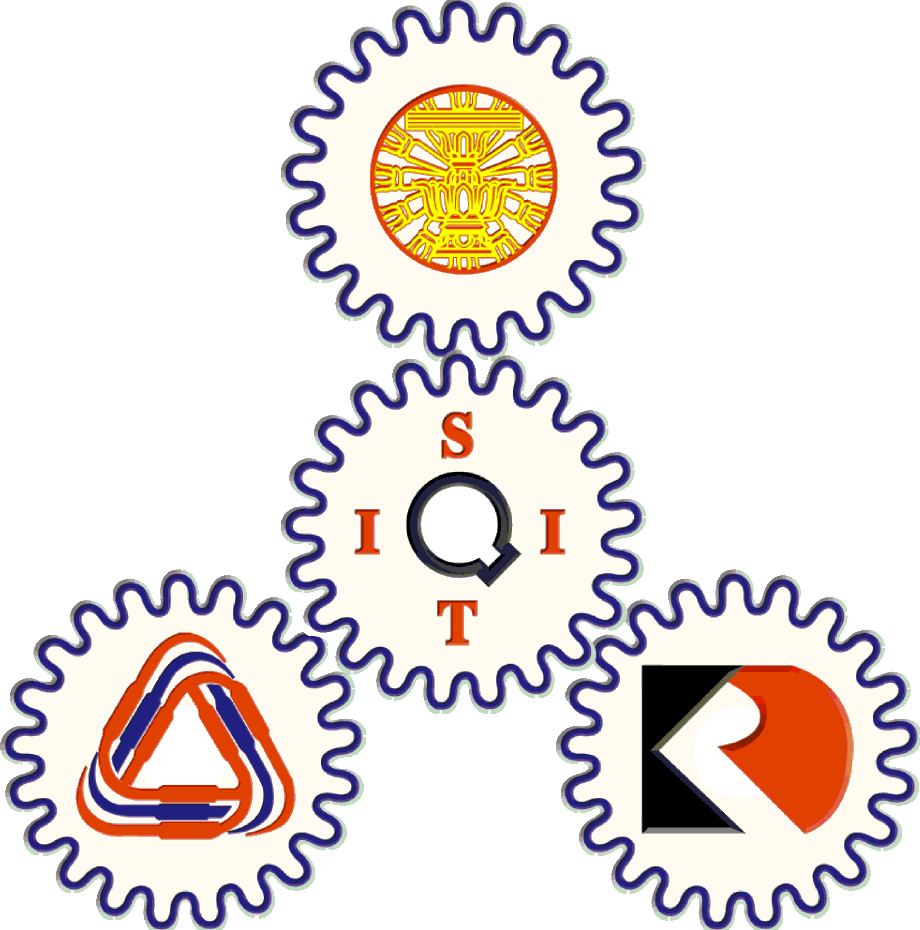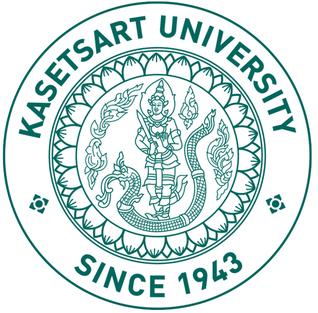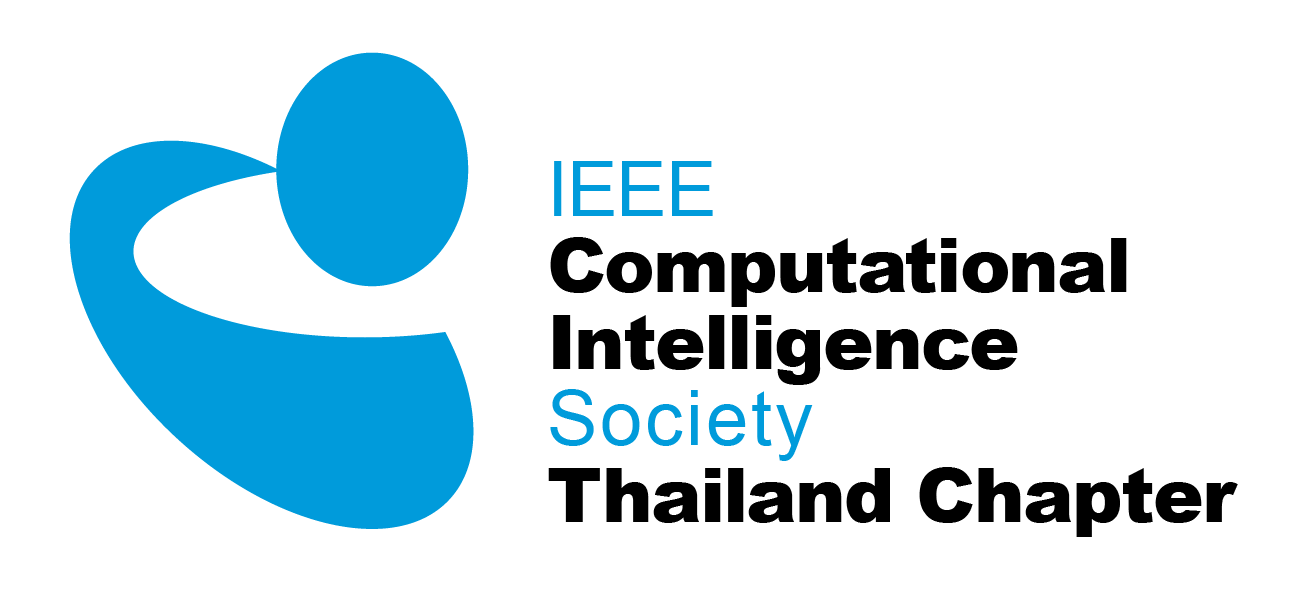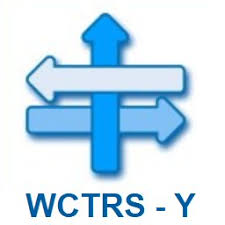Invited Speakers
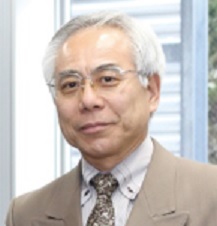
Yoshitsugu Hayashi
Professor of Chubu University,
Full Member of Club of Rome, Ex-President of
The World Conference on Transport Research Society (WCTRS)
Phone: +81(568)51-9582
E-mail: y-hayashi@isc.chubu.ac.jp
Yoshitsugu Hayashi is Professor of Chubu University as well as Emeritus Professor, Nagoya University, Japan. He is also one of the 100 Full members of "Club of Rome" which is well known by its 1st report "The Limit to Growth" in 1972. At the same time he was President of WCTRS (World Conference on Transport Research Society) which attracts more than 1,300 members from 83 countries.
Yoshitsugu Hayashi's background is Civil Engineering. The major fields of research are analysis and modelling of transport - land use interactions and the countermeasure policy to overcome negative impacts of urbanisation and motorisation. The results are published in such books as "Land Use, Transport and The Environment", "Urban Transport and the Environment - An International Perspective", "Intercity Transport and Climate Change - Strategies for Reducing the Carbon Footprint", the Japanese Edition of "Factor 5" originally authored by Ernst Ulrich von Weizsaecker, et.al, etc.
An application to practice includes his proposition of rail transit oriented urban reform to overcome Bangkok's hyper congestion as the leader of JICA project in mid 90's, which became the trigger to reverse the budget of road vs. rail from 1:99 in 90's to 82:14 in Transport 2020 Plan. He is also now the leader of JICA/JST research project "e-Integrated Smart Transport to Dually Achieve CO2 Reduction and People's Well-Being to support THAILAND 4.0".
He is also a board member of the Engineering Academy of Japan, Ex-Vice President of JSCE (Japan Society of Civil Engineers) in charge of Redesigning Japan to be Resilient, Leader of a Global Center of Excellence Programme "From Earth System Science to Basic and Clinical Environmental Studies", and Leader of "Smart Shrink" movement as a key strategy for declining and aging cities. The results are published in such books as "Sustainability - Future Balance between Nature and Civilisation", "Sustainable Society after the Great East Japan Earthquake", "Diagnosis and Prescription for China's Urbanisation - Paradigm Change of Development and Growth", "Disaster Resilient Citie, Concepts and Practical Examples", etc.
Title: Quality-of-Life (QOL) based Urban Transport Planning Utilizing ICT
Keywords: Quality-of-Life (QOL), Urban Transport Planning, ICT
Abstract
The main stream of this keynote speech is
1) to network the existing transport system TukTuk by ICT,
2) to evaluate the performance of network plan based on time serial profile of QOL(Quality of Life) versus CO2 emission,
3) to propose options of policies combining infrastructure improvement by visualised 3D mappings,
4) to develop big data for planning.
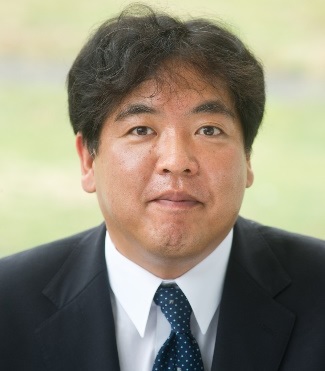
Manabu OMAE
Professor of Keio University,
Graduate School of Media and Governance, and Faculty of Environment and Information Studies, Keio University
Phone: +81(466)49-3501
E-mail: omae@sfc.keio.ac.jp
Manabu Omae is a professor of Graduate School of Media and Governance of Keio University in Japan. Obtained Dr. Eng. At the University of Tokyo in 2000, he has been worked for Keio University as an assistant professor (2000-2005), associate professor (2005-2013) and professor (2013-present). As he has academic backgrounds on mechanical engineering and
automotive engineering, he has 20-years of experience and expertise of development of control systems for automated driving vehicles, platooning and remotely controlled vehicles.
He is now on sabbatical leave and he is enjoying his research activities at SIIT of Thammasat University.
Title: Introduction of Research on Cooperative Self-Driving Cars
Keywords: Self-Driving Car, V2X cooperation, Platooning, Remotely Controlled Vehicles
Abstract
These days, self-driving systems of automobiles have been one of the hottest research challenges in automotive technologies. It is expected that a passenger vehicle with self-driving function with high reliability will come onto the market and that low-speed driverless vehicles will enhance the mobility of ageing society. Self-driving cars have potential to realize much more efficient, convenient and energy-saving transportation by cooperation with other cars, roads, pedestrians, buildings and so on. This presentation introduces our studies on self-driving car focusing on the control of self-driving car with cooperation with other cars and road-side devices.

Apiwat Ratanawaraha
Professor of Chulalongkorn University,
Faculty of Architecture, Chulalongkorn University
Phone: +66-02-218-4441
E-mail: apiwat.r@chula.ac.th, rapiwat@gmail.com
Apiwat Ratanawaraha is an associate professor at the Department of Urban and Regional Planning, Chulalongkorn University in Bangkok.
His teaching and research cover land policy and management, infrastructure finance, technology and innovation policy, and strategic
foresight. His recent and ongoing research focuses on urban issues in Thailand, including the futures of Thai urban life, foreign ownership
of land, informal mobility, parking policy, and urban citizen science. His publications include The Land Economy of Thailand (2015),
How Operators' Legal Status Affects Safety of Intercity Buses in Thailand (with S. Chalermpong, TRR, 2672 (31), 2018);
and a chapter on Bangkok in Parking: An International Perspective (with S. Chalermpong, Elsevier, forthcoming).
Apiwat holds a B.Eng. in Urban Engineering from the University of Tokyo, an M.Phil. in Land Economy from the University of Cambridge,
and an MCP and a Ph.D. in Economic Development and Technology Policy from MIT. He was a visiting assistant professor at the MIT
Department of Urban Studies and Planning and a visiting scholar at the Harvard-Yenching Institute
Title: Redesigning the Urban Commons in the Age of Social Archipelagos
Keywords: Urban Commons, Social Archipelagos
Abstract
Cities in many parts of the world are becoming archipelagos with secluded islands of gated communities, private schools, and exclusive clubs. To many people, whose lives traverse only within these networked enclaves and clubs, the surrounding deep waters of urban chaos often appear unpleasant, unpredictable, and unforgiving. As this perception spreads and prevails, the city as an archipelago becomes the norm. Such a pattern of physical segregation, accompanied by social separation and institutional exclusion, reflects persistent and growing economic inequality and social injustice in our cities. Increasing accessibility to digital media platforms may not reduce but instead amplify the social segregation. As the urban fabrics become more like archipelagoes, the urban commons become more important. The way urbanites allocate, share, and manage space, resources, and institutions have serious implications for sustainability and resilience. In this talk, I will discuss how researchers and planners should rethink the roles of urban commons and how to redesign them in the face of increasing social and institutional segregation in both physical and digital worlds.


